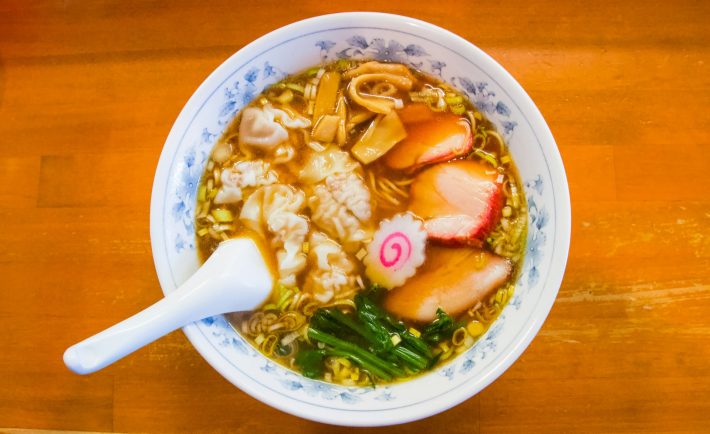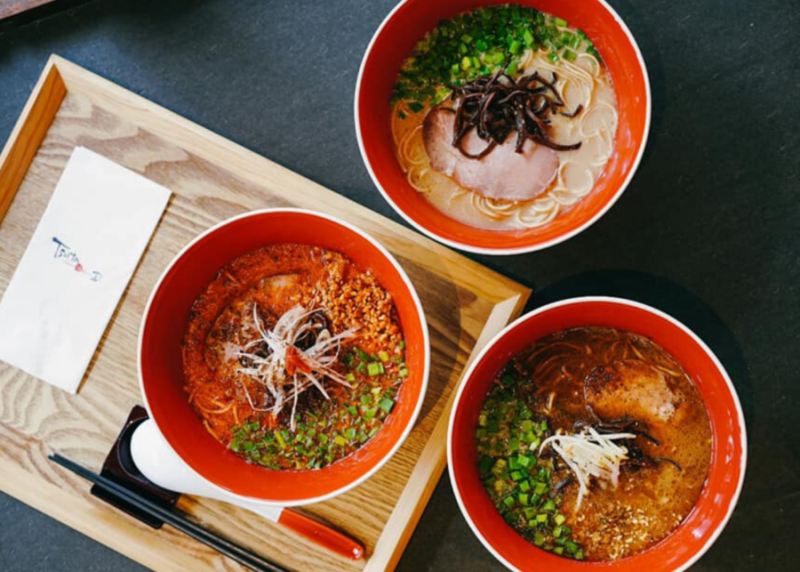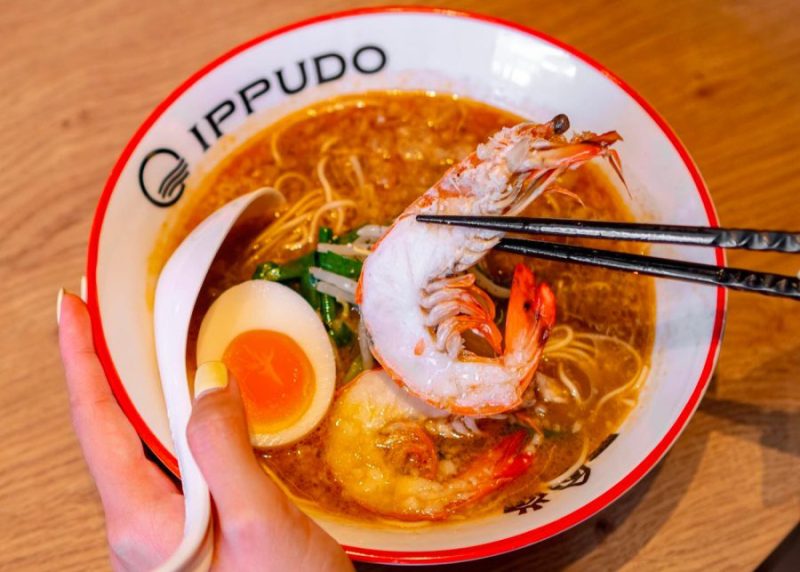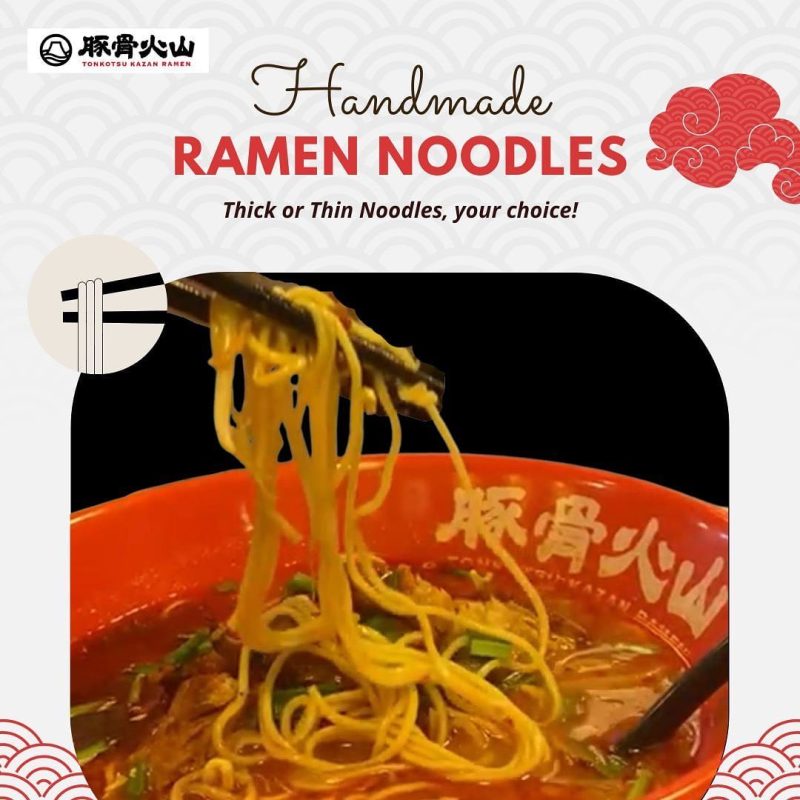Is cryptocurrency worth it? As digital currencies reshape finance, Singapore emerges as a crypto hub. We’ll dive into its regulatory framework, clarifying legal status, regulatory bodies, and regulations. Whether you’re seasoned or new, understanding Singapore’s rules is crucial for confident navigation.
Is cryptocurrency considered legal tender in Singapore?
While cryptocurrency isn’t recognized as legal tender in Singapore, it serves as an alternative payment method. Legal tender in Singapore is the Singapore Dollar (SGD), regulated by the Monetary Authority of Singapore (MAS).
Do you need a license to trade cryptocurrency in Singapore? Depending on the platform’s functionality, a license may be required for trading in Singapore.
Who regulates cryptocurrency in Singapore?
Navigating cryptocurrency regulations in Singapore can seem daunting, given the involvement of multiple regulatory bodies. However, understanding their roles can provide clarity and ensure compliance with the established framework.
1: The Monetary Authority of Singapore (MAS)
As the primary regulator, MAS plays a central role in shaping and overseeing the crypto landscape under the Payment Services Act (PSA) 2019. MAS licenses businesses engaged in digital payment token (DPT) services, covering activities like operating exchanges and providing wallets. With a focus on innovation and risk management, MAS enforces strict Anti-Money Laundering (AML) and Counter-Terrorist Financing (CFT) regulations.
2: Securities and Futures Commission (SFC)
While not the main regulatory body, the SFC oversees digital tokens categorized as securities under the Securities and Futures Act (SFA). It focuses on tokens with characteristics similar to stocks or bonds, collaborating with other regulators to maintain market integrity.
3: The Payment Services Act (PSA)
Enacted in 2019, the PSA serves as the primary legal framework, ensuring a fair and safe crypto environment by mandating licenses and exemptions for specific activities.
4: Singapore Police Force (SPF)
SPF investigates and prosecutes criminal activities in the crypto space, working closely with MAS and other authorities to enforce laws and regulations, ensuring a secure financial environment.
Important Singapore Crypto Regulations governs cryptocurrency activities:

Image Credits: unsplash.com
1: Payment Services Act (PSA) Mandates licenses for various crypto activities, with exemptions for certain tokens.
2: Securities and Futures Act (SFA) Regulates tokens resembling securities or derivatives, aligning with established financial market principles.
3: Commodity Trading Act Oversees trading of asset-backed tokens, ensuring regulatory scrutiny.
4: Travel Rule Requires DPT service providers to collect and share client information during transactions, enhancing AML measures.
In conclusion, Singapore’s crypto regulation fosters innovation while ensuring stability. With oversight from MAS, SFC, and SPF, investors can engage confidently. Staying informed and compliant is key for maximizing your crypto journey.













